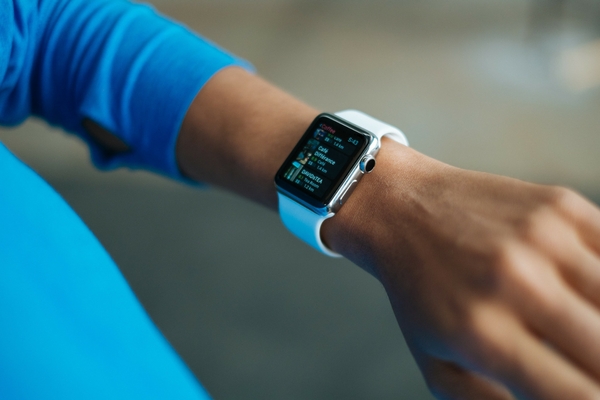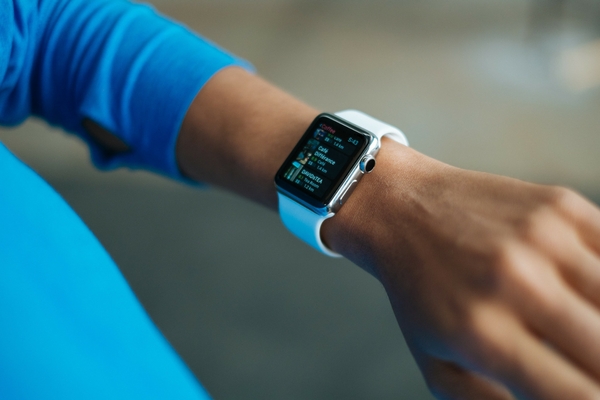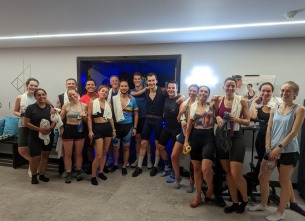
Fitness technology has evolved dramatically over the last five to ten years. Not that long ago, the extent of mass market fitness tracking gadgets was Garmin or Polar foot pods and wrist watches.
Today, we are inundated with gadgets and apps that allow us to monitor activity levels, and gyms and boutique studios are struggling to keep up with the pace of evolution in fitness tech.
The problem is, what should you choose to track your health and fitness? A lot depends on what your goals are.
Everyday activity trackers such as Fitbits are an introduction to activity monitoring and are un-intimidating and accessible. Tracking steps is about as friendly a metric as you get. If you’re simply looking to make sure you stay mobile, then monitoring your daily steps is a decent place to start.
That said, you’re unlikely to get fit from simply increasing your daily step count. Not all steps are the same either – a sedate stroll won't do as much for your health as 30 x 100m sprint intervals, for example.
Wrist-based heart rate monitors such as the Apple Watch are available today as an alternative to the chest strap monitors. Their accuracy levels are questioned by some people, but the advantage is that you don't have to remember a heart rate strap every time you work out. They are convenient and they provide an additional level of detail and data, often with GPS built in, too.
Specialised fitness watches such as Garmin, Polar, Wahoo or Suunto devices are a step up again in terms of sophistication. They typically allow the user to monitor heart rate using a more accurate chest strap as well as steps and distance travelled. They also allow you to switch between different types of activity like swimming, running or cycling, and they normally have GPS trackers, which map your activity.
As I’ve alluded to before, though, heart rate itself has its problems. It can be affected by many other factors, not just how hard you are working. I once tried to watch a rugby international while doing a base training session and my heart rate was consistently elevated by 20 beats due to the excitement of the game!
If you’re genuinely interested in monitoring your fitness progress, it’s very important to establish benchmark tests. This is what we do at Digme with certain challenges that we drop into classes. Crossfit also do this very successfully and they have even taken it one step further and 'gamified' the fitness experience with The Crossfit Games.
Benchmark tests isolate a sterilised output that is independent of physiological markers – think a 1km swimming time trial, three-minute average watts test or 5km run. In order for a benchmark test to be useful, it needs to be accurately monitored.
This is one of the reasons we use the Keiser m3i bike with its highly accurate power meter. It means challenges and tests done in a Digme Fitness spin class will be a reliable measure of your progress.
Many apps are also available now to allow you to monitor and chart your fitness. Our system, for example, integrates with Strava, one of the most popular activity trackers available. It has a free version that gives users some fantastic functionality. If you're really into your numbers and want to get a bit more scientific with your training, they also have a paid version with additional functionality.
There are many more though, and some are more suitable than others depending on your particular requirements. Apple Health provides a free, simple and easy to use option. At the other end of the spectrum, TrainingPeaks offers a highly sophisticated training tool used by many professional endurance sport athletes.
Whatever your requirements, there are many options available now. You don’t have to be a serious athlete to engage with fitness technology today. If you are keen to improve and keep an eye your health, we'd recommend starting your journey with a fitness tracker of some kind.
It’s amazing how adding a bit of technology to your fitness can provide you the motivation to keep a good habit going.








COMMENTS (1)
Jenny 6 years ago
Which heart rate monitors are compatible with your bikes? Wahoo? Garmin?
Please login to comment